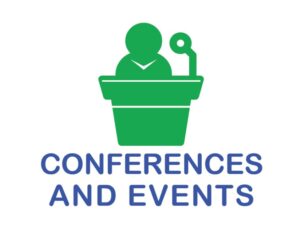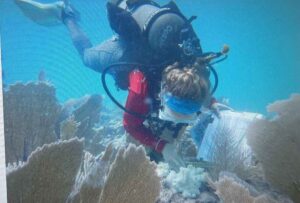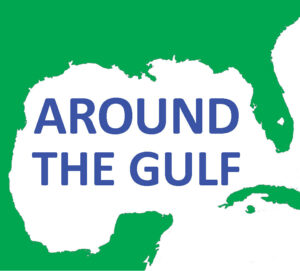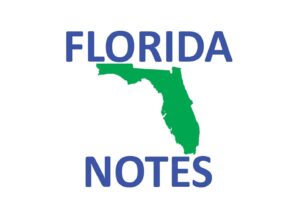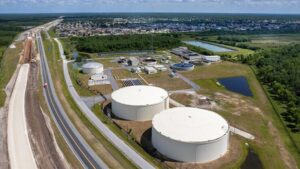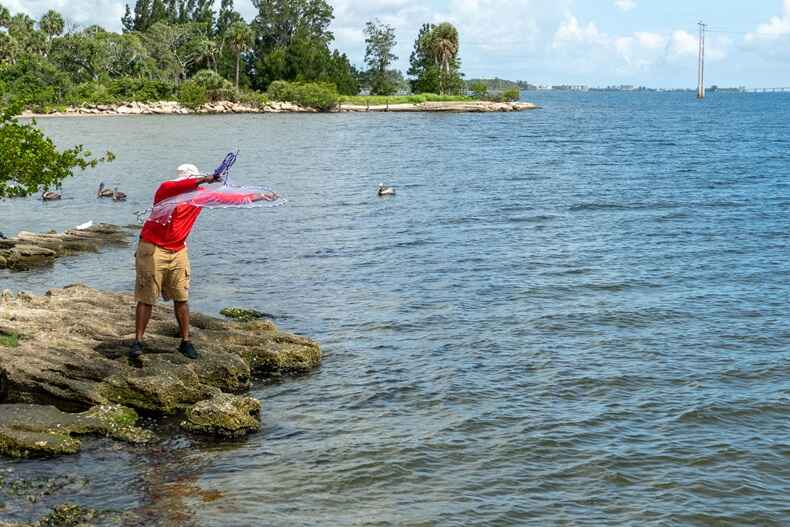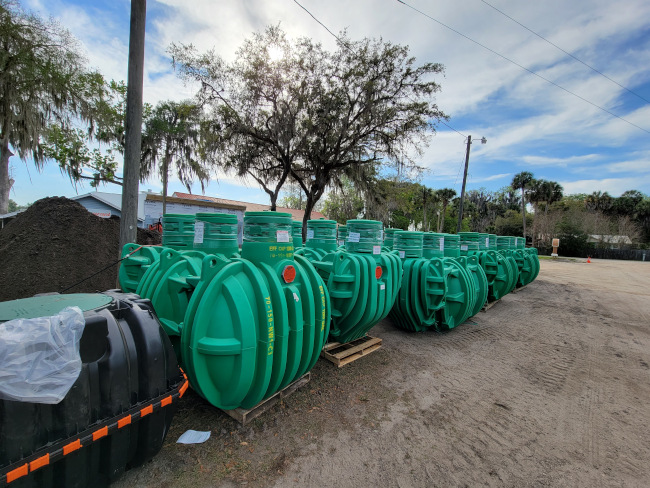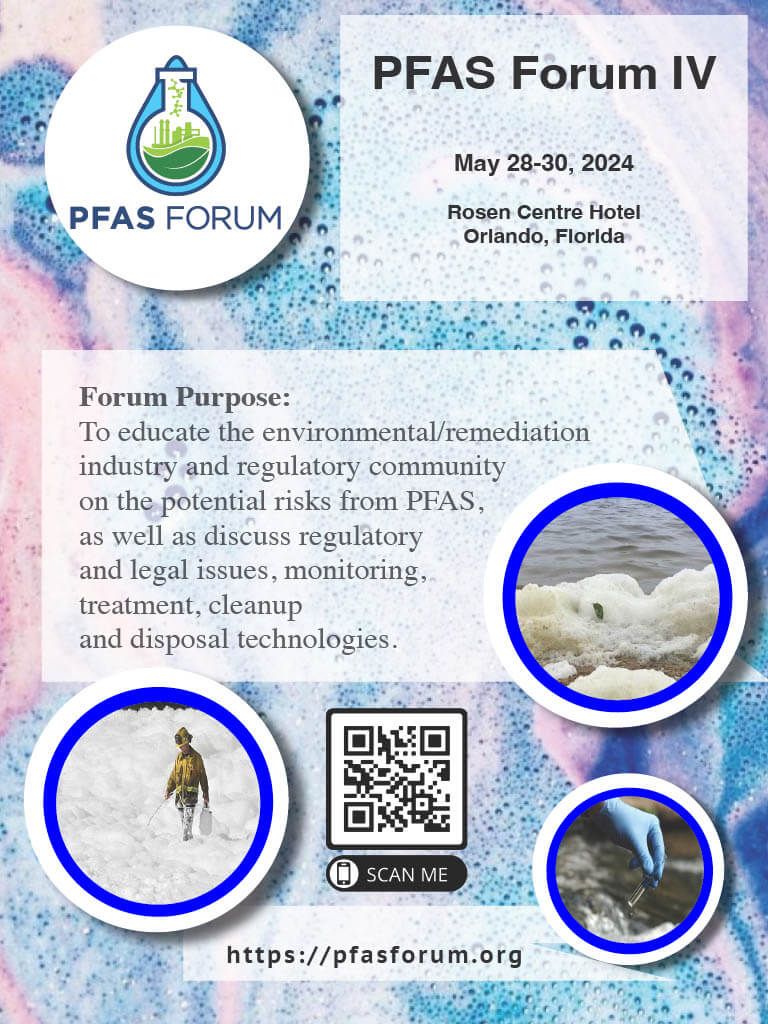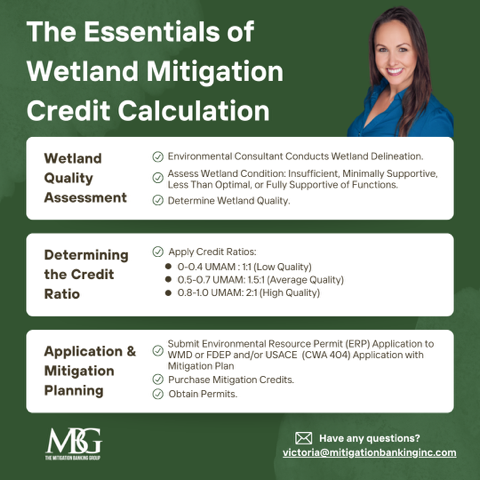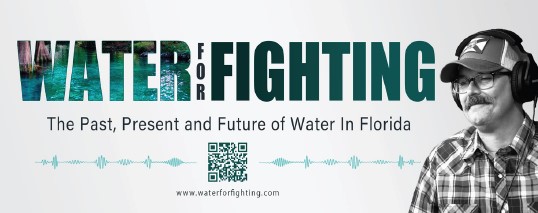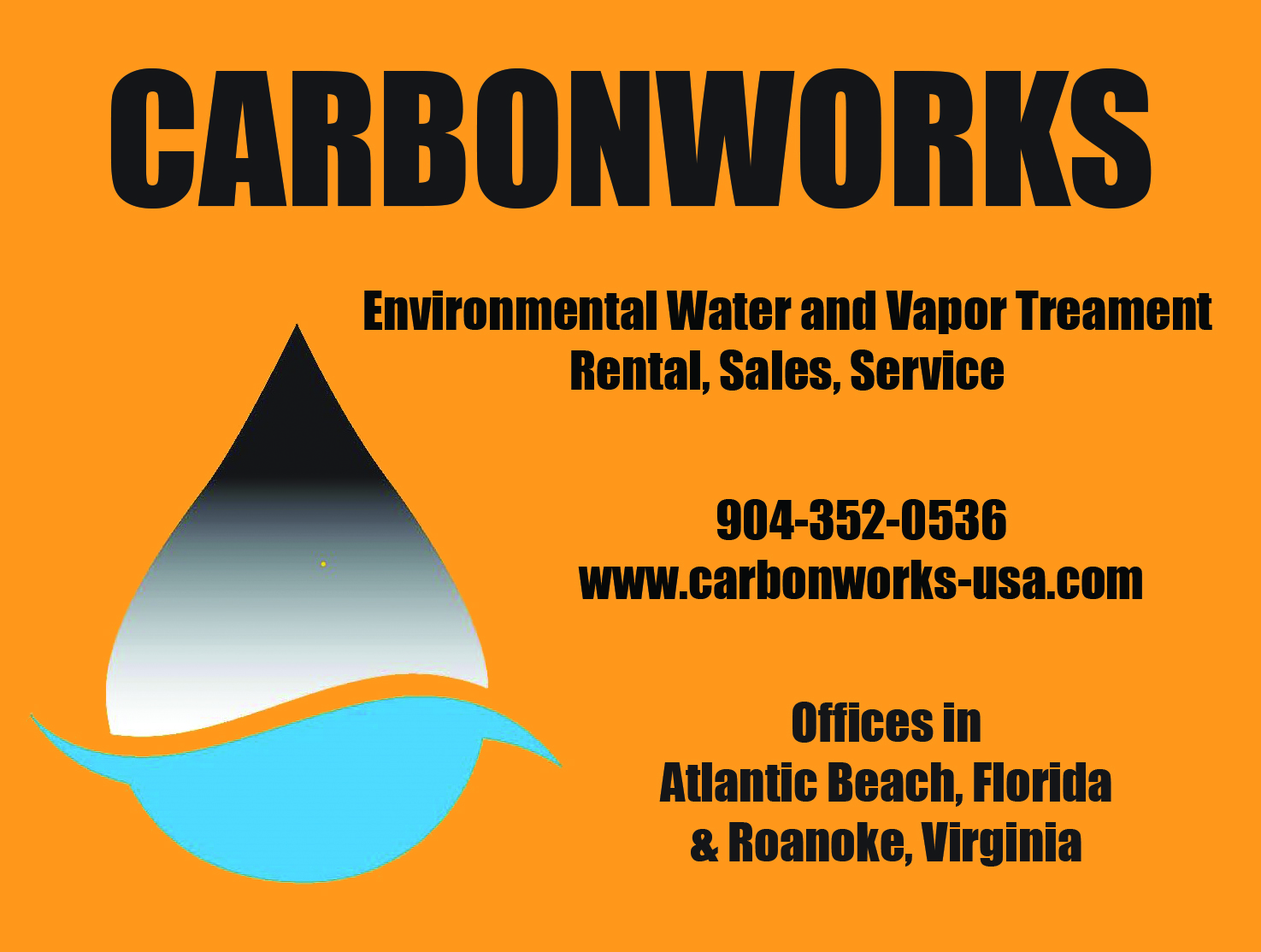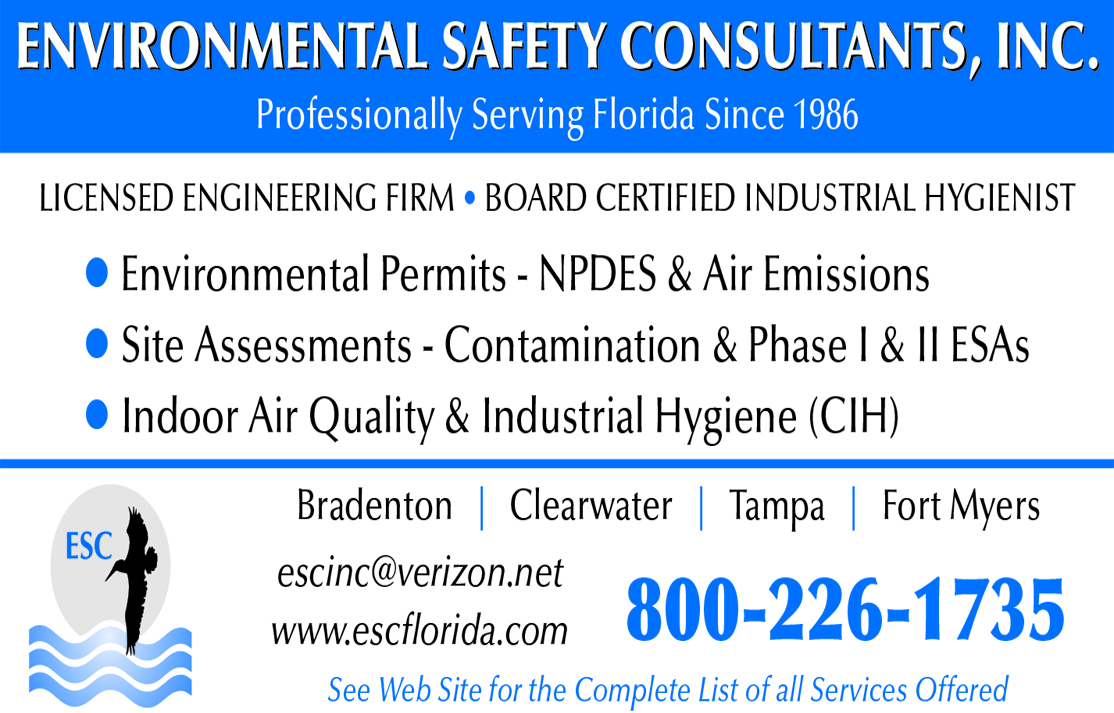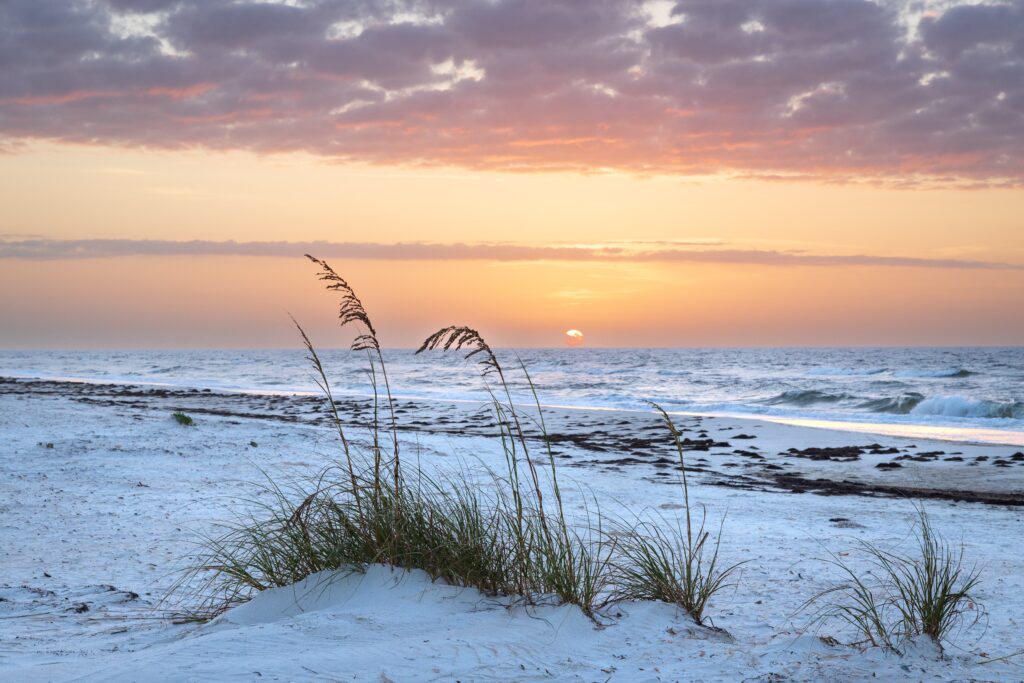
The Resilient Florida Program is organizing its final quarterly resilience forum of 2023. This virtual event, scheduled for November 1st from 9 to 11 a.m. EDT, will feature three presentations as well as updates on the Resilient Florida Program and member announcements.
The first presentation will be conducted by Melissa Mitchell from Tetra Tech Disaster Recovery. Mitchell will discuss Substantial Damage Response Plans, shedding light on the strategies employed during disasters to minimize damage and maximize resilience.
Nicole Cortez from the South Florida Water Management District will present on SFWMD’s Water and Climate Resilience Metrics. Cortez’s talk will delve into the metrics used to measure water and climate resilience in the region.
In the third presentation, Christina Ramazzotto from the Florida Department of Environmental Protection, Resilient Florida Program, will discuss Florida Estuarine Restoration Team Efforts with Living Shorelines. This presentation will highlight the ongoing efforts to restore estuarine ecosystems and the importance of utilizing living shorelines as a sustainable approach.
To attend the forum, registration is required prior to 9 a.m. on November 1st, 2023. Upon registration, participants will receive a confirmation email containing instructions on joining the webinar.
2024 Quarterly Resilience Forums
- February 7th
- May 1st
- August 7th
- November 6th
Call For Speakers
If you have expertise in resilience and would like to contribute to future forums, contact Resilience@FloridaDEP.gov to become a presenter.
The Resilient Florida Program is an initiative that aims to address the impacts of climate change and enhance the state’s ability to prepare for, respond to, and recover from natural disasters. By protecting our inland waterways, coastlines, and shores, which act as natural defenses against sea level rise, the program seeks to promote resilience across various sectors in Florida. It does this by organizing forums, presentations, and discussions that focus on sharing strategies, best practices, and collaborative efforts to build resilience.


